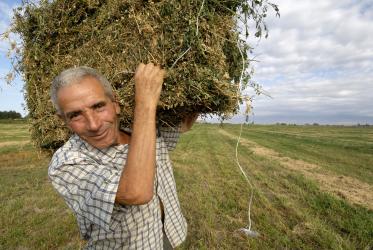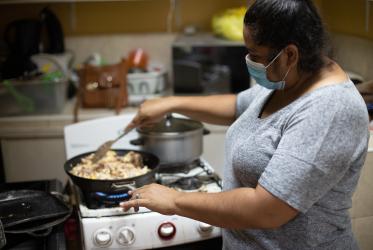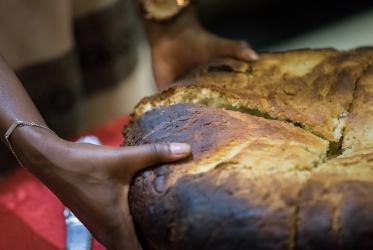Displaying 1 - 20 of 30
09 February 2024
WCC Eco-School begins in Crete
15 November 2023
Faith communities vital in overcoming hunger
18 March 2020
Eco-School promotes blue communities, green churches
19 November 2019
WCC Eco-School begins in Thailand
07 November 2019
WCC condemns massacre of farmers in Philippines
12 April 2019
G20 summit: call to pray for peace in Hamburg
07 July 2017
G7 must address famine
22 May 2017















